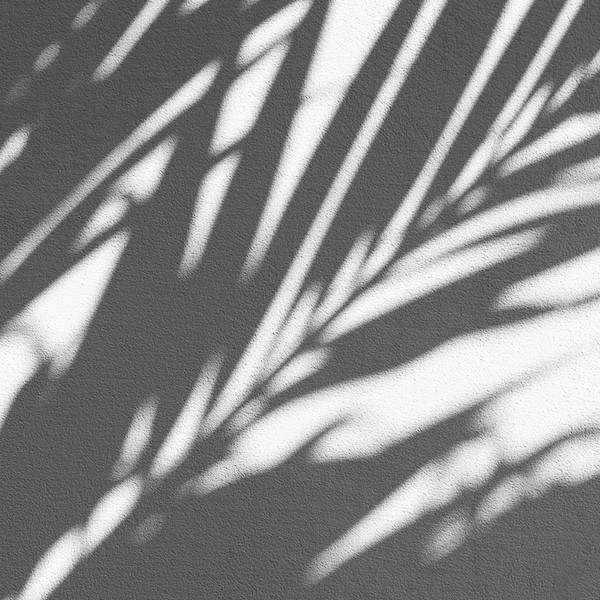A Study in Minimalism

She stands spotlighted under the streetlamp, her head lowered and a backpack over her shoulder. In posture she replicates the waiting of her first arrival. It’s small, I’d told her that night. Just a room, very minimalist. Now her face cuts to light at the sound of my boots against concrete. Is this the last time? I call across the yard. I reach the gate and pull it open. My god, I say, this is it. She takes me around the waist, kisses my lips. No, no, she says. Come on, it’s freezing out here.
While we wait for the food to heat, she speaks of her alcoholic father. You wouldn’t believe the things he told me last night, she says. Tired of living, doesn’t want to be on this earth anymore. I gave him a talking to this morning, and you know what was disturbing? I was using the same language as my mother. I said what she used to say. She falls silent, turns to the small black window. No, she says at last. I don’t blame her at all.
I let her speak. I watch her and wonder when last she cried. Then I remember. She was driving home after picking up her antidepressants and Cape Town came to her as a kind of ending. She saw the imprint of other things in the people and objects she passed, everything pointing to something not itself. Stone ridges behind a beggar’s eyes. The formal English of a seagull’s call. A whole tree of hurt wrists. It was the ending she had been waiting for and she wept for it.
I feel like I’ve come for a consultation, she says as we sit down at the table. Between us are three lit candles from her trip to Europe, a bottle of OddBin wine, potato curry and rice. I’ve set out plates and wine glasses, knives and forks with handles of yellow bone. Midway through the meal she says, I find it funny how you use the word go instead of orgasm. I look across at her. Is that unusual? I say. She raises her eyebrows and mimics, Did you go? I laugh. Do other people not say that?
Though that wasn’t necessarily the last time she wept. It is possible she has wept since then and not told me of it. I wonder what she’s like when no one is around to see her. I wonder if she’s this calm, this controlled. Does she ever speak into her pillows? Does she stand in the mirror and shout? I can’t imagine such chaos. All I’ve ever glimpsed is the silence that moves slow and steady as a river under the clean surface of her skin.
After dinner she fetches a notebook from her backpack. She opens it, holds the pages to the light. When pleasure comes, she reads, her face unfastens at the lids. Her eyes roll skull-ward and the blue breaks, and inked in the whites is the language of another’s end. She sets the book aside, looks at me. For a long time I don’t say anything, and then I say her name. I am not this woman she has written of but I am in awe of her. What violence. What surrender. What ruinous ecstasy.
Long after midnight she says, Your room reminds me of a cabin. A ship’s cabin. Somewhere in the middle of nowhere.
She sleeps whole nights next to me now. The proximity of my body no longer troubles her. This is a triumph, though sleeping is not something we’ll be doing together anymore. In the morning the air is very cold. I open the curtains and the windows are white. Look at the condensation, I say, climbing back into bed. She holds me inside the warmth and we fall asleep again.
In the shower she gets down on her knees and embraces my naked hips. The devotion of her gesture frightens me. I step back into laughter.
She complains briefly about the water. I tell her I’d rather forgo hot water and write than have hot water and not write. An absurd retort, though the spirit is true. She understands very well and doesn’t argue. But whenever I spend the night at her father’s palatial glass house overlooking the ocean, we take long hot showers together. We stand under the water and let the heat pour over us and are cleansed, as by fire.
At the gate I give her a square of paper, folded and folded again. She takes it, slips it into her bra. I’ll read it on the plane, she says. When she lifts her face to mine, there are moving squares of light on it.
The air is breathable again. For a long time I stand staring at the blind wall opposite the window, and then I turn to my apartment. A small room, very minimalist. Single bed, compact oven, bar fridge with too-little food in it. Every object points to nothing but itself. That letter she will open on the plane, for instance – a sheet of white paper, blank. Nothing there to read but the cast of her own brief shadow.

